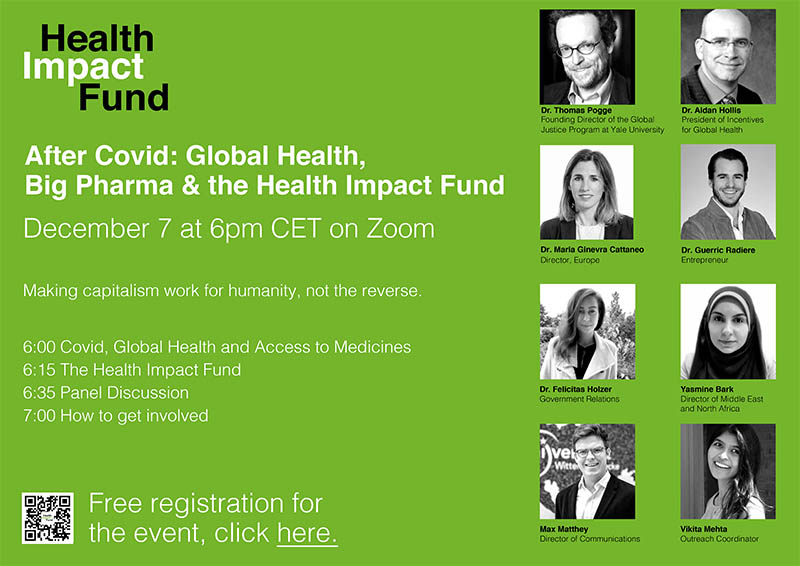Notizie recenti

Korea Pharmaceutical Society recommends the Health Impact Fund.
Lee Dong-Kun (이동근), the Secretary General of the Pharmaceutical Society for a Healthy Society, proposes the Health Impact Fund in a super op-ed in the Hankuk Ilbo (한국 일보).
Read more: hankookilbo.com

Ruben Mersch suggests the Health Impact Fund as a way to get "more health for our money"
Read more: dvhn.nl

The team at Incentives for Global Health acknowledges the passing of Heesob Nam.
Heesob Nam was a patent attorney, actively engaged in the movement for access to knowledge and innovations. He held a Ph.D. degree in law from Queen Mary, University of London and a master's degree (LL.M) from Munich Intellectual Property Law Center. He was a director of the Commons Foundation and a research director of Knowledge Commune, and served as a special advisor to Korea's National Human Rights Committee in regard to the right to science and culture. He also worked for several civil societies including: Civil Society Coalition (steering committee member); Open Net Korea; IPLeft ; and Korea Progressive Network.
Some tributes to Heesob are collected here: phmovement.or.kr
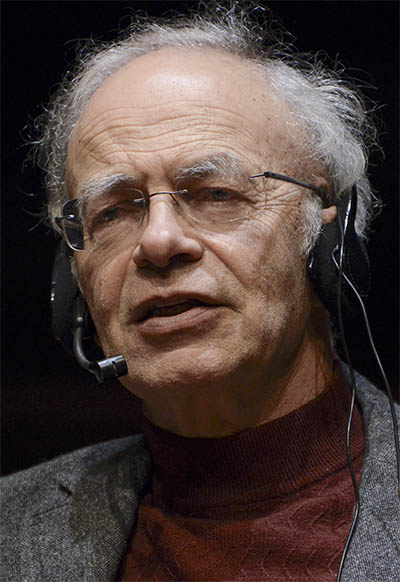
Peter Singer promotes the Health Impact Fund as "a much more rational system."
The pharmaceutical companies can play a role, of course, in terms of making some vaccines available at cost, or allowing producers in low-income countries to produce generics. But you can’t expect pharmaceuticals to be charities. The system of patenting rewards companies for selling to wealthy people and doesn’t reward them for providing drugs for people who can’t afford them. An alternative scheme, called the Health Impact Fund, has been proposed, to which governments would contribute funds, and they would be allocated to the extent that a drug reduces the global burden of disease. Then the pharmaceutical companies would have an incentive to develop those products that would do the most to help people worldwide. That would be a much more rational system.
Read more: New Yorker

Deena Mousa discusses how the Health Impact Fund can help with pandemic preparedness.
"We rely on markets to drive innovation in pharmaceuticals — and thus save lives. That system is broken. The way drug companies are rewarded for advances in vaccine technology discourages progress in how we produce vaccines."
Read more: ctmirror.org
Research and Information System for Developing Countries (New Delhi) holds a webinar on Innovation and Access to Vaccines and the Health Impact Fund
January 19 at 6:30pm IST

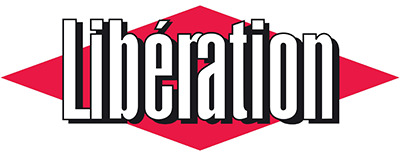
Op-ed in Libération supporting the Health Impact Fund
Timothy Daly, Aidan Hollis, Felicitas Holzer, and Thomas Pogge make the case for the Health Impact Fund in France’s progressive newspaper, Libération.
Read more: liberation.fr
Network 20/20 hosts webinar on the Health Impact Fund
Network 20/20 hosts webinar on the Health Impact Fund, featuring Gary Gottlieb, Thomas Pogge and Jami Taylor.
Is a Health Impact Fund an Equitable Solution to Fund Vaccine Access for All?

Jami Taylor joins Incentives for Global Health Board of Directors
Incentives for Global Health welcomes Jami Taylor to the Board of Directors.
Jami Taylor is a recognized expert in innovative financing for pharmaceutical research, development, access and delivery. Most recently, as an investor relations lead at Reata Pharmaceuticals, she helped to secure a $350 million investment from Blackstone Life Sciences to advance promising compounds within Reata’s pipeline. Previously, Jami was a managing director at Stanton Park Capital, a boutique investment bank providing merger and acquisition, capital raising, and consulting services to private companies in the life sciences field.
Earlier, Jami spent more than seven years in global leadership roles at Johnson & Johnson, working across Janssen R&D, Janssen Global Commercial Strategy, and key committees and functions at the Corporate level. There, she was a co-founder of the Johnson & Johnson Global Public Health organization.
Prior to joining Johnson & Johnson, Jami spent more than 10 years at the firm she founded as an undergraduate, providing alliance development and communications services to an elite roster of clients, including major pharmaceutical and biotechnology companies.
Jami’s experience beyond industry includes work with the White House Office of Public Liaison, members of the U.S. Congress, and the U.S. Departments of Treasury, Commerce, and Health & Human Services to advance legislative and policy priorities on a nationwide scale. In 2014, Jami was named a Cross-Sector Leadership Fellow at the Presidio Institute, a program created by the White House Office of Social Innovation and Civic Participation to advance the work of leaders addressing society’s most complex challenges.
Jami is an alumna of Northwestern University, Harvard University, and the University of Virginia. She is a frequent presenter at major international forums and a lecturer at leading universities, including the MIT Sloan School of Management, the Wharton School of the University of Pennsylvania, Harvard Law School and Harvard Business School.
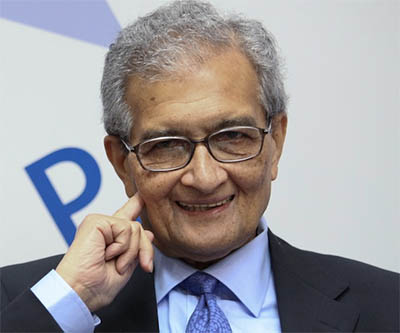
Amartya Sen honored
We are delighted that our International Advisory Board member Amartya Sen, winner of the 1998 Nobel Prize in Economics, has been honored with the Peace Prize of the German book trade.
The team congratulates Professor Sen and adds its heartfelt thanks for his intellectual support of the Health Impact Fund idea.
Read more: zeit

Black Lives Matter
Incentives for Global Health is committed to the worldwide effort to overcome racism everywhere: in policing and the penal system, in housing and credit, in education and employment, in health care and social security, in politics and the media, in our hearts and minds and everyday lives.
In our world, poverty and racism are deeply intertwined and mutually reinforcing. Rules that systematically harm the poor are overwhelmingly harming people of color, and often persist precisely because of that.
The rules of the pharma sector must reflect that the health and survival of all human beings has equal value. We call on governments to jointly create and finance a Health Impact Fund designed on this foundation. The Fund should reward pharmaceutical innovators for each registered product, sold without markup, according to the health gains achieved with it – regardless of whose health is at stake. Firms would earn no less from protecting a poor person or a person of color, and often much more than what this person could have paid themselves.
For the Incentives for Global Health team, Black Lives Matter is about more than police violence; it is also about our work. We believe that health policy should reflect equity in access, not only to healthcare, but also safety and protection.
Join us in this work!
- Support the #BlackLivesMatter Global Network
- Support Movement for Black Lives call for housing and healthcare for all
- Support equity in global health
- Join and/or take action with #WhiteCoats4BlackLives
- Join the international health worker solidarity with BLM

The right time to shift pharma gears: The Hindu
The Health Impact Fund would get pharmaceutical firms interested in certain R&D projects that are unprofitable under the current regime – especially ones expected to produce large health gains among mostly poor people. Such projects would predominantly address communicable diseases, which continue to impose devastating disease burdens mainly upon the poor.
Read more: The Hindu

Health Impact Fund and COVID-19 in STAT
For governments, a Covid-19 Health Impact Fund would reduce the current competition over which country gets vaccinated first, since all countries could collaborate to offer a joint reward. That would reduce their budgetary uncertainty, while increasing incentives for private investors.
The key here is that we can afford to make some kinds of mistakes: We can pay too much; we can subsidize vaccines that don’t work out. But we cannot afford to discourage the pharmaceutical industry from participating in the search for the solutions we urgently and desperately need.
Read more: STAT

China's official news channel, CGTN on the Health Impact Fund
Medications have done wonders for humanity. With the proposed Health Impact Fund reform, the pharmaceuticals sector could achieve much more still. The dark disaster of COVID-19 may yet give rise to a new dawn of massive progress in human health.
Read more: CGTN

Krisha Kops on the the Health Impact Fund in TAZ
Denn überspitzt gesagt, kann es einem Unternehmen, das nur für den Verkauf eines Mittels entlohnt wird, statt für dessen Effektivität, herzlich egal sein, was das Medikament an- oder ausrichtet. Zudem wäre eine Firma daran interessiert, seinen Kundenstamm zu erhalten, was ein Fortbestehen der Krankheit voraussetzt. Würde die Firma hingegen ihr Medikament beim Health Impact Fund melden, erhielten sie den Hauptertrag durch den maximalen Gesundheitsgewinn, sprich die Ausrottung der Krankheit.
Read more: TAZ
Leila Janah, IGH Co-Founder, 1982-2020
We mourn the passing of Leila Janah, one of the co-founders of Incentives for Global Health. She was brilliant, kind and passionate about improving our world. Leila helped to advance the Health Impact Fund concept both practically and intellectually. A true social entrepreneur, she founded Samasource, a company designed to enable impoverished people to work remotely on computer tasks in Africa and India. The company has provided well-paying jobs for over 11,000 people. She also developed a beauty products company LXMI which sourced products sustainably from Africa, while paying women workers fairly for their work.
A humanitarian, an innovator, and a kind person who brought out the best in others, Leila will be deeply missed. Samasource has invited those who wish to honor Leila to make a donation to the GiveWork Challenge.
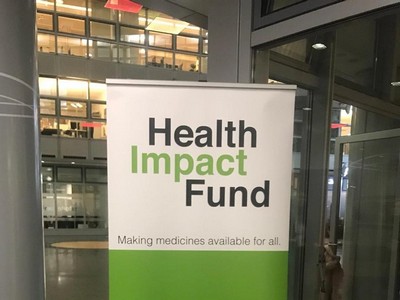
Health Impact Fund Workshop Berlin
The Health Impact Fund was the topic of an important meeting in Berlin on November 13. Co-convened by Heidemarie Wieczorek-Zeul (former German Federal Minister of Economic Cooperation and Development) and Professor Thomas Pogge of Yale University, the workshop gathered experts from government, industry, civil society, foundations, and academia. Adroitly chaired by Sergius Seebohm, participants explored the Health Impact Fund and how to move a pilot forward. There was a strong consensus that the Health Impact Fund offered a way to reconcile the need to support innovation and the need for new drugs to be accessible everywhere.
UK Labour Party Medicines Platform calls for Delinkage
The UK Labour Party is now officially calling for a change to the way that we pay for medicines, so that prices are “delinked” from the cost of innovation. The Health Impact Fund is a unique, competitive form of delinkage that controls the rewards to innovators through a market mechanism.
MEDICINES FOR THE MANY:Public Health before Private Profit
London meeting on the Health Impact Fund with the Rt Hon Gordon Brown
On 20 June 2019, a wide variety of stakeholders participated in a meeting on the Health Impact Fund proposal, the MVAC proposal, and antibiotic market entry rewards. These alternative and complementary mechanisms to support innovation showed the importance of new financing tools for pharmaceutical innovation in a variety of areas. The Rt Hon Gordon Brown offered incisive comments on the challenges of attracting political support in the current environment.

